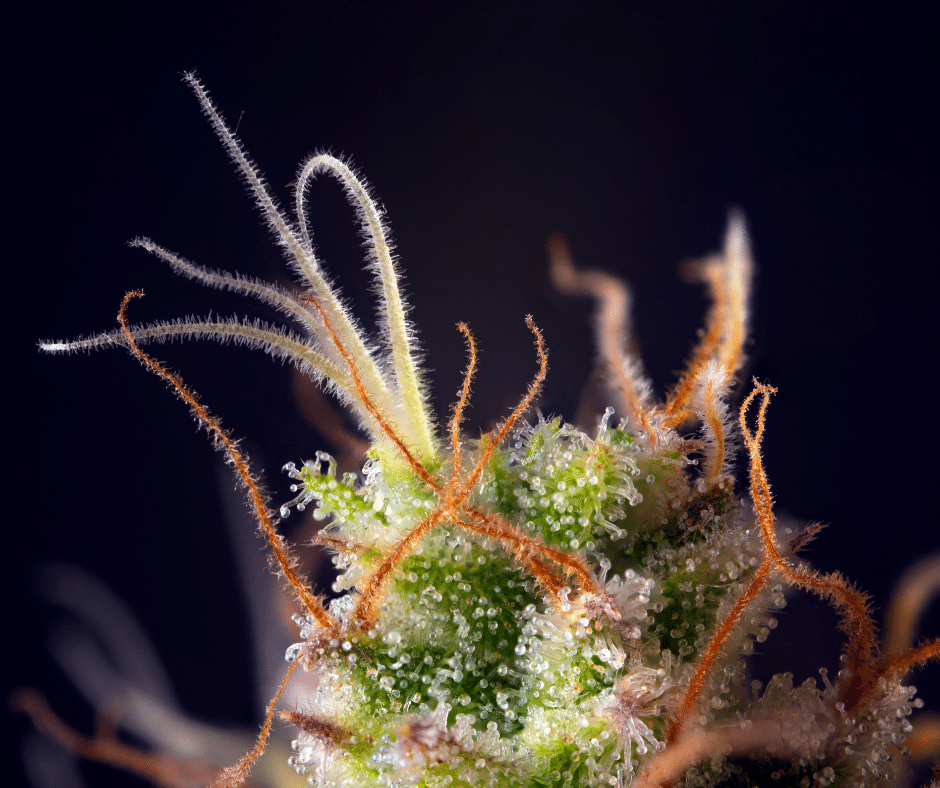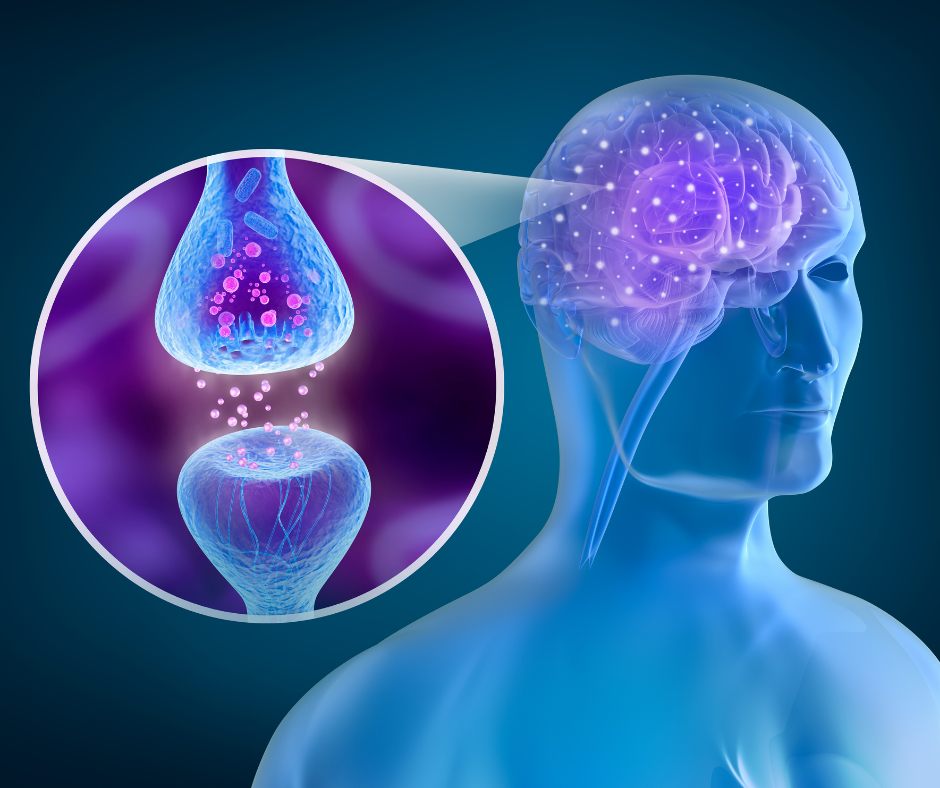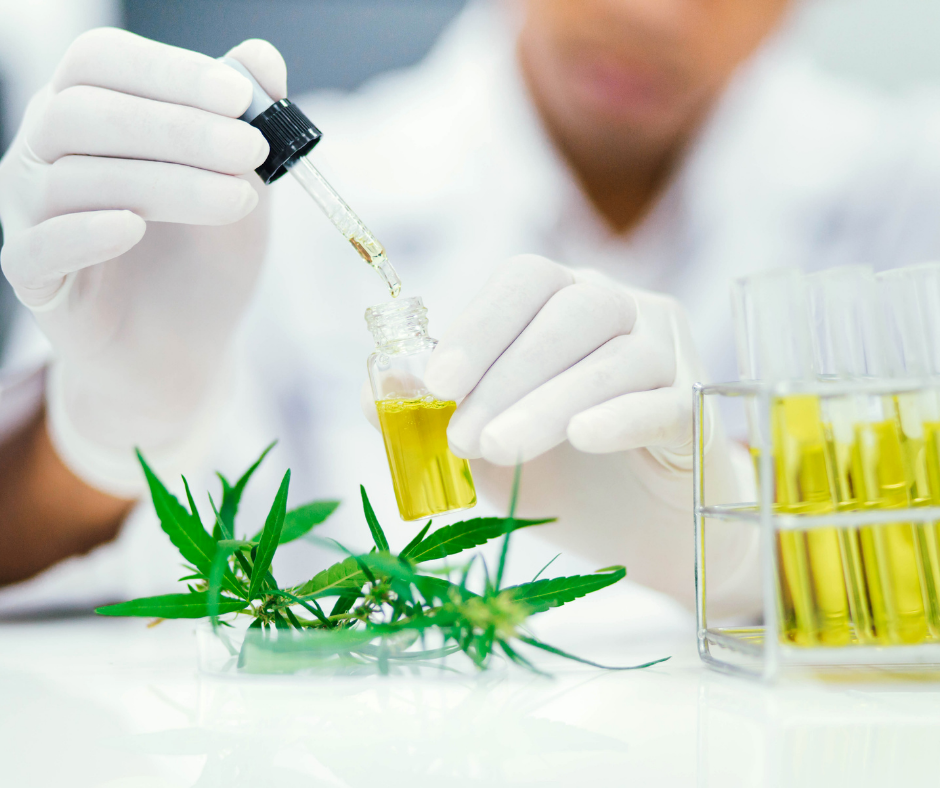
Cannabis is a complex plant with over 500 chemicals of which more than 60 are cannabinoids, some of which have opposite effects.
- The word cannabis specifically refers to the products derived from the plant Cannabis sativa.
- There is an newly-discovered biochemistry of the cannabis plant and the endocannabinoid system.
- CBD was discovered in 1963 and delta-9 THC shortly after in 1964.

Functions of the endocannabinoid system
In 1988, researchers identified the specific binding sites of delta 9-THC in the brain. This system was named the cannabinoid receptor system due to its attraction to bind to delta 9-THC. The ECS is a huge array of chemical signals and cellular receptors found throughout our bodies. The “cannabinoid” receptors in the brain, known as CB1 receptors, make up the vast majority of many other receptor types. They act as traffic officers, regulating the levels and activity of the majority of the other neurotransmitters. This is how they regulate stuff: by providing instant results and increasing or decreasing the activity of whichever system needs to be adjusted, whether those are hunger, temperature, or alertness.
Since the discovery of cannabinoids is only a few years old, we do not yet fully understand the endocannabinoid system’s capabilities. This system is widely distributed throughout the body, including the brain, nervous system, and the majority of glands and organs.

Delta 9 and CBD
Delta 9 THC is the cannabinoid known as the main psychoactive ingredient. That is the ingredient that causes the person to feel high. But it also may help with anxiety, depression, pain, nausea, PTSD, and other ailments. It can cause side effects of altered perceptions of time and increased appetite. It may be smoked, vaporized, applied topically, or can be consumed in edible form.
Potential Effects of THC
- Anxiety
- Increased Appetite
- Sluggishness
- Depression
- Pain
- Mood Enhancement
- Nausea
- Dissociaciation
CBD is the second most commonly known cannabinoid in the plant. Evidence shows therapeutic benefits including anticonvulsant, hypnotic, antipsychotic, and neuroprotective properties. It can be derived from the marijuana plant or the hemp plant and comes in a huge variety of strengths. A low milligram CBD may help with anxiety, pain, and inflammation, while a high milligram CBD formula may help with sleep troubles, pain, and inflammation. It can be applied topically, taken orally, vaporized, or can be consumed in gummy form.
Potential Effects of CBD
- Anxiety
- Pain
- Focus
- Mood Boost
- Neuroprotective
- Inflammation
- Control Blood Sugar
- Post Traumatic Stress Disorder
- Sleep problems






